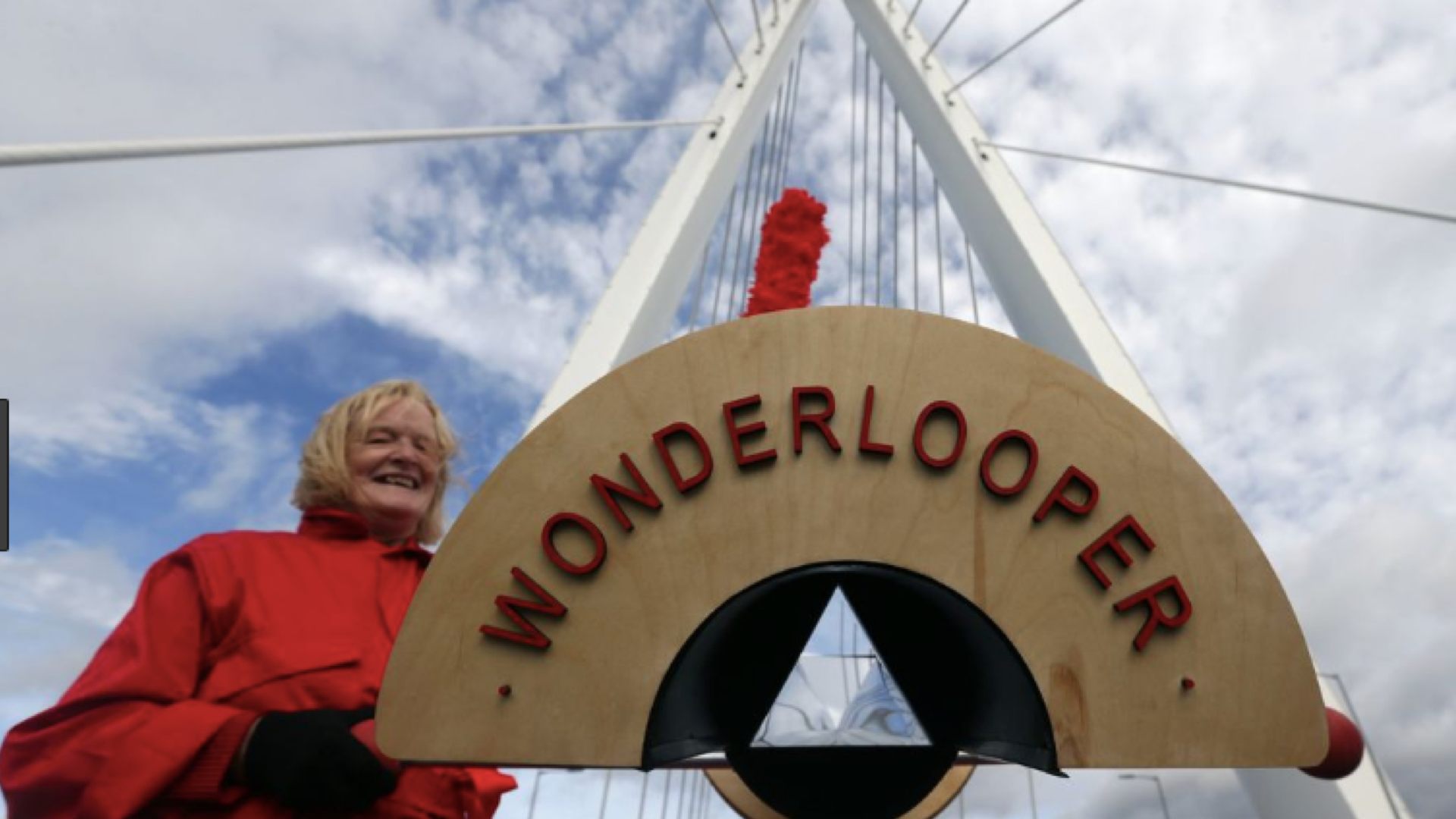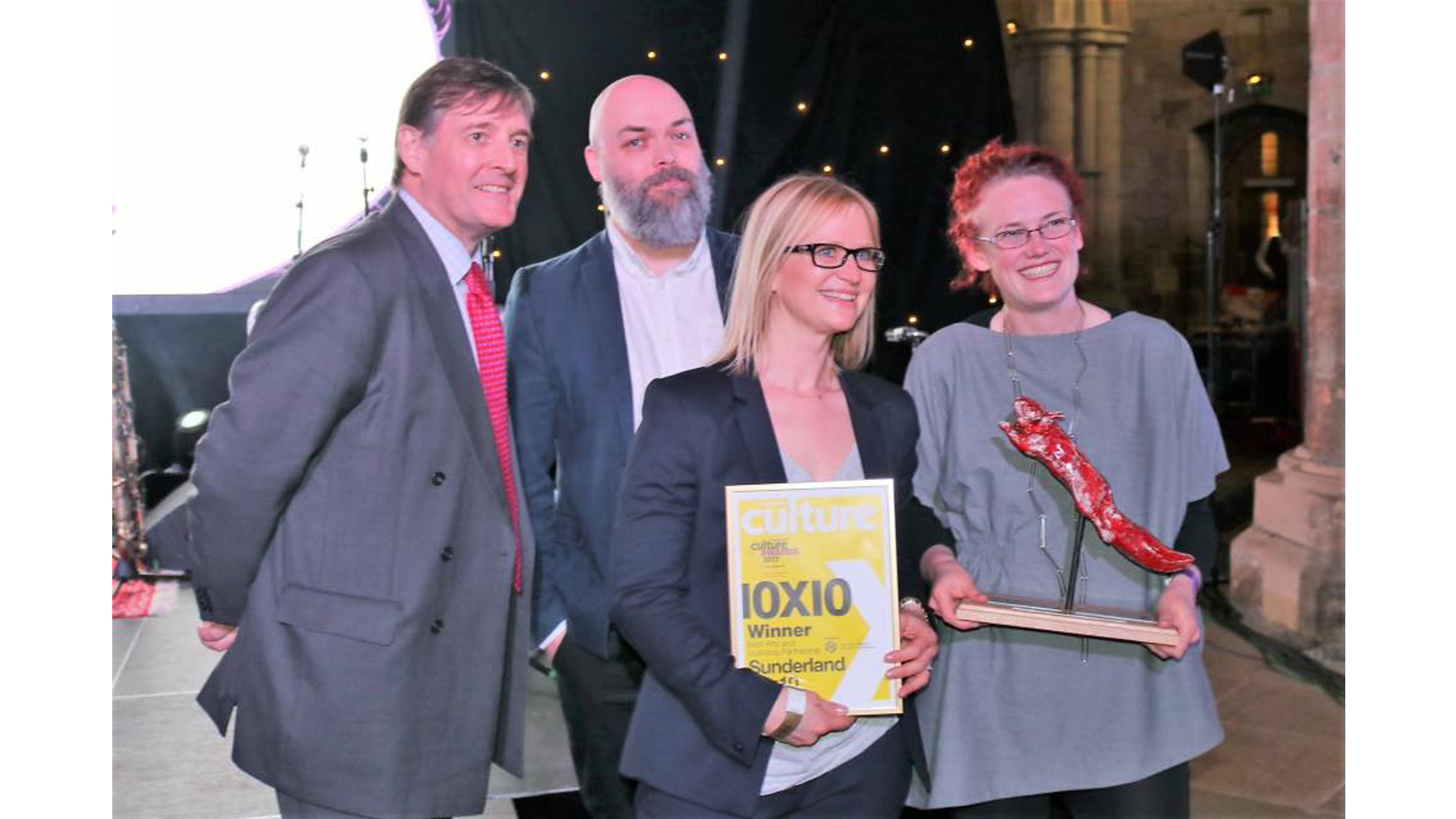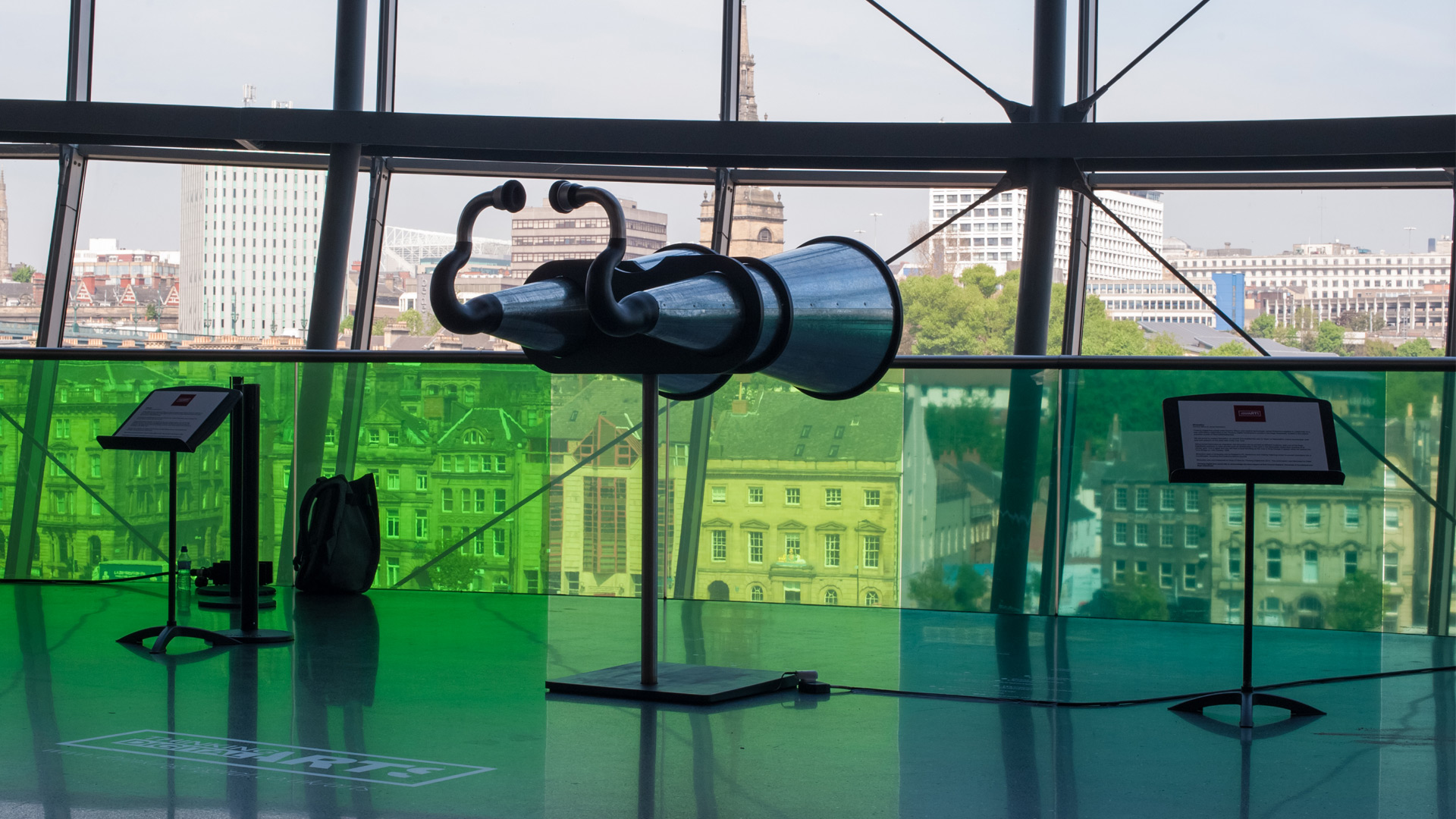Dr. Suzy O'Hara
Suzy O’Hara is a curator and Research Fellow for the Faculty of Arts and Creative Industries, University of Sunderland. Her research explores critical and interdisciplinary modes of art-making that challenge perceived distinctions between sites of artistic, economic and knowledge production by brokering new, direct ways of working between them. Her practice-led examination of interdisciplinary and cross-industry curatorial models, initiated in her doctoral research, has produced an award-winning portfolio of ‘art hacking’ projects that employ novel interdisciplinary ways of collaborative working between the arts and diverse disciplines, sectors and industries. Her co-edited book “Art Hack Practice: Critical Intersections of Art, Innovation and the Maker Movement” (Routledge 2019), is the first book-length study of global artistic practices emerging within collaborative and co-creation production contexts such as fab labs and maker spaces. Suzy is research lead for the cross-faculty commissioning platform Co/Lab Sunderland, that enables academic staff to critically engage with cross disciplinary perspectives through fostering collaborations between external partners and diverse communities. In 2021, she was awarded a major research grant, to explore interdisciplinary modes of cross sector, community engagement within Seascapes: Tyne to Tees Shores and Seas, the first Heritage Lottery funded marine ecology project in the UK. Suzy is currently Project Curator of One Cell At A Time, an art and science public engagement project being delivered with communities in Newcastle, London, Oxford and Cambridge, for the Human Cell Atlas. The Human Cell Atlas is an international scientific research project which is mapping all cell types in the human body, leading to new diagnostics and treatments that could transform future healthcare. Between 2016- 2018, Suzy was post-doctoral Innovation Development Specialist for Creative Fuse North East.
Thesis Title: Collaborations between Arts and Commercial Digital Industry Sectors: A Curatorial Practice-led Investigation of Modes of Production
Much work has been done over the past two decades exploring and creating many collaborative, cross-sector environments between arts, computer sciences and research that have supported the production of art, including: new media labs; co- working spaces; media focused gallery spaces; electronic art festivals; and the Internet itself. Less research has been done into the possibilities that exist in collaborations between the arts and commercial digital industries. The combination of two distinct and powerful hierarchical systems has forced a revision of current working practice within each field. This research interrogates the impact of collaborations between the arts and commercial digital industries, and identifies the impact of those collaborations upon curatorial and artistic modes of practice, with a particular focus on production. It identifies some of the inherent value systems, and describes a range of collaborative modes of artistic production that sit along a spectrum of power balances between the arts and commercial digital industry sectors, from Brand Marketing to Artist Practice as Business. The areas of difference in roles and working practices identified through both case studies and curatorial projects include factors such as: Value and Money, Time and Capacity, Crediting and Intellectual Property, and Roles and Working Practices. The curatorial projects include Dear Angel a commission of participatory art which uses both digital and other media, a NESTA Digital R&D for the Arts proposal, and for Thinking Digital Arts, a commission of an artwork by an artist/creative technologist partnership, and a digital (art) hack production workshop. How the curatorial role works in the interface between the arts and commercial digital industries is analysed. The patterns of difference and the power balances identified in the research aim to be useful to other practitioners.
Awarded Date: 01/10/2016
Principal Supervisor: Professor Beryl Graham
Second Supervisor:
Andrew Richardson
Professor Sarah Cook
Additional Supervisor: Graeme Thompson
Link to Thesis
Website


